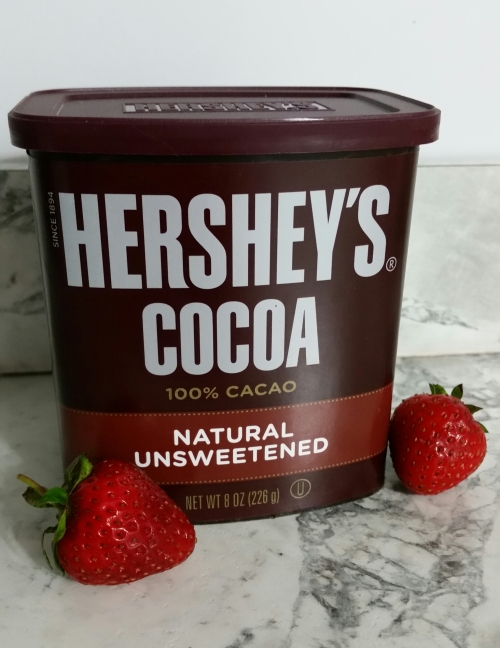Becoming a Locavore: Introduction
Many of my German ancestors on my father’s side have been in Pennsylvania since the late 1700’s. They were farmers who owned a lot of land and grew their own food. I imagine that they were very self-sufficient. My Italian ancestors on my mother’s side were also farmers, so you could say my love for food and growing my own runs in my blood.


It is because of my ancestors that I have decided to challenge myself to only eat what I can find locally. The fad term for this is “locavore.” Being a locavore became popular a few years ago, so I am behind the times as far as trends are concerned.
There are some very easy ways to start to become a locavore depending on the type of food you want to eat.
- Fruits and vegetables. I already participate in Strites’ Orchard CSA, so I have my fruits and vegetables covered. Other vegetables come from my garden and my grandparent’s garden.
- Dairy products. Strites’ carries milk from a local dairy farm as well as some goat cheese from another farm. I do know of a local business that makes cheese as well.
- Meats. Strites’ carries beef from a local farm. There are also quite a few other farms that raise chickens and pigs as well.
The most difficult product to find in this area may be pasta. I have found some local millers that make flour, so I just might have to make my own pasta. I may also have to find different snacks to eat or make my own.
This area has a lot of major food production factories such as Hershey’s, Turkey Hill, Snyder’s, and Utz. Obviously, cacao doesn’t grow in Pennsylvania, but Turkey Hill has implemented some local sourcing initiatives. I can’t find anything about local products being used on the Snyder’s or Utz websites.
Becoming a locavore will not be an easy task to implement so I am going to start slowly by finding products that I know are 100% local and I may make exceptions for local businesses that do not necessarily source their products from the immediate area.